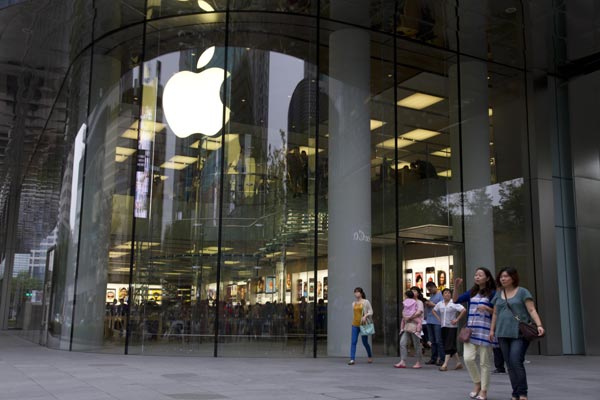Apple brand goes stale in China
iPhone 5S and iPhone 5C models in China has already been a spectacular failure, which was something of a surprise to many. Apple's decision to include China in its initial launch, the first time it has chosen to do so, also surprised many.
|
 Apple's iPhone 5C was probably priced too high and the iPhone 5S does not offer Chinese potential buyers anything significantly new, according to experts. Provided to China Daily |
However, the reasons behind Apple's unprecedented problems in China lie far deeper than the much-publicized pricing and product feature factors.
Apple's iPhone 5C was probably priced too high and the iPhone 5S does not offer Chinese potential buyers anything significantly new.
But reaching the real root causes of Apple's decline in China requires an insight into the reasons behind Apple's success in the first place.
Technology, more specifically cutting-edge high technology, of course played a large part in Apple's dramatic ascendance in China and displacement of the once dominant Nokia brand.
But Apple's "fun" and "fashion", even "cool" image really stole the show, to which Nokia had no answer. Steve Jobs and the Apple name contributed significantly to this "emotional" brand image and, at the time, a robust and sustainable competitive advantage.
Sadly the irreplaceable Steve is no longer with us and the Apple brand, inevitably, has become a commodity. Apples never remain fresh for long.
Furthermore, it is not the Apple name that is now active in the minds of Chinese people but the word "iPhone". It is, therefore, the case that Apple's high-tech offering is no longer a brand, and a powerfully emotional one at that, but a product.
The product name "iPhone" provides an immediate explanation of the product's basic functionality but even in the world of consumer electronics, just how many success stories are built on this alone? Precious few.
Quite simply Apple, has neglected the basic premise behind successful brand management: emotional association and differentiation.
Such neglect also explains Apple's lowly seventh place in the Chinese market where strong domestic competitors have so easily gained share.
However, all is not lost where Apple is concerned; its position in China far from lost. The iPhone is still firmly associated with Apple and, therefore, some record of Apple's previous, emotional image remains within Chinese memory.
Re-activating this link and refreshing and updating this record is now imperative

























